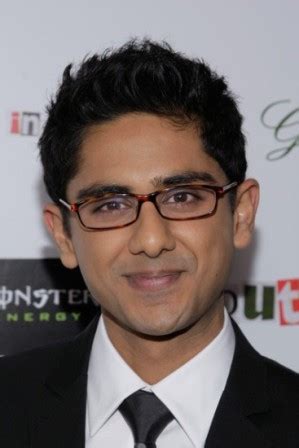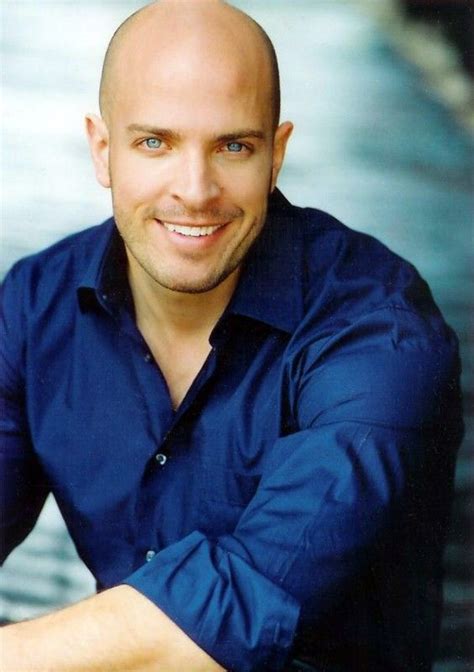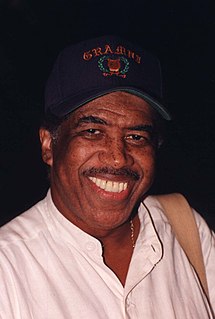A Quote by Forest Whitaker
As an artist, it's a great opportunity to play a character like this [Ugandan dictator Idi Amin in The Last King of Scotland]. And then, as a person, I had never been to the African continent. So, I knew, personally, it would reshape me.
Related Quotes
I'm really excited that people are receiving my performance like this. It makes me feel good, because I've been working really hard. And this character [Idi Amin], I worked particularly hard on. But I don't want to get too caught up in it, because first of all, it could lead to a great disappointment. You never know what's going to happen.
On the very last day of shooting [of The Last King of Scotlang], I remember wanting to get the [Idi Amin] character out of me right away, as much as I could. You literally take a bath to wash him off you. Luckily, I went into another part not so long afterwards, so I was kind of able to push it away a little bit. But speech patterns, and little sounds, particularly colloquial things, like the way you ask questions or might respond, were sticking with me, probably because I'd worked so hard to make it a part of my everyday way of expressing myself.
I found the people to be very kind and generous. It was unique because the crew was mainly Ugandan [filming The Last King of Scotland]. They had never done a film before. So, they were learning the process of making films, but at the same time they were also helping with the authenticity of the film.
What moved us was not so much what would it do for South Africa, but there has been a great keenness on the Continent that the location of the Pan African Parliament must add to its credibility. And, so we said, fine, it's a contribution to this process of the democratisation of the African Continent.
Hair is very, very distinctive. I started that with that boxing movie I did, The Great White Hype. The director wanted me to look like Don King, and everybody knew who Don King was. But I didn't want to be Don King. I wanted the man to be Rev. Fred Sultan, so I decided to make him look like Julius Caesar. And from that point on, I just decided, I had this great wig-maker, so I just found hairstyles that I felt would be distinctive for every character. Like an adventure.
Olympus has been a much welcomed return to my Shakespearean roots. King Aegeus demanded a much greater range and depth that I've yet had the opportunity to tap on camera. Lab Rats was a wonderful opportunity for me to just go be a goofy buffoon, which I love. It was exhilarating to listen to all the funny lines the writers would come up with on the spot and then get to play them immediately.





























